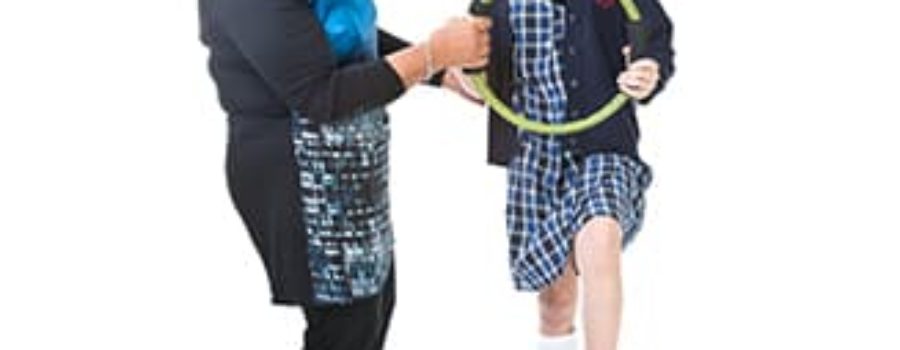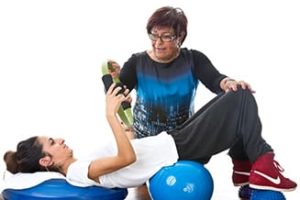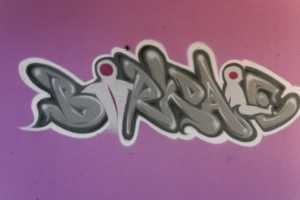Due to my connections with the TM society, I have, with some success, treated a number of TM diagnosed children and I would make the following observations for you to consider:
- the rare incidence of TM often leads to mistaken – or late – diagnosis, especially in children, who are less able to describe their condition in terms that an adult understands
- as a result of this, many children are, initially, given therapy suitable for spinal injuries in response to apparent lower limb difficulty. TM is, however, an illness which attacks the central nervous system, with both brain and spinal cord involvement. It is important to recognise the involvement of both, when it occurs, as a more effective therapy plan may be utilised for your child
Physiotherapy approach
For children, as for adults, therapy includes direct stimulation of affected organs and limbs to stimulate recovery, as well as exercises to lengthen, strengthen and mobilise limbs and joints – including the trunk and pelvis – to preserve a full range of movement as far as possible.
It is vitally important for a child to perceive the recovery process as one of learning – learning new skills is fun and exciting. If the treatment is felt to be chore, not fun, the child does not participate and recovery is slow. This creates yet more anxiety for already pressured parents! An empowered child will be confident in trying new movements.





Leave a Reply
Your email is safe with us.
You must be logged in to post a comment.